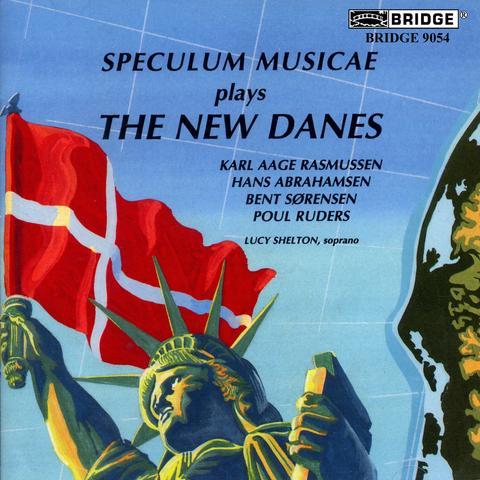The New Danes
Movements on a Moving Line is composed in 1987 for fourteen instruments, commissioned by the Danish Radio Symphony Orchestra and first performed with Oliver Knussen conducting. The chamber version recorded here was made in 1988 for the Elsinore Players, and was revised in 1994 for the present recording.
The British mathematician and astrophysicist Stephen Hawking in his ‘A Brief History of Time’ provocatively find it weird that we remember the past and not the future. This piece presents a somewhat similar metaphor. Here movements are circles within circles, cross-cutting in different tempos throughout the duration of the piece. In fact at the same time a palindrome, a single, simple line identical backwards and forwards, runs uninterruptedly throughout the piece. Movements enter and recede—and the end is also the beginning.
Traditional musical flow (as exemplified in sonata form) usually fulfills certain expectations. But like the musings of an astrophysicist, Movements on a Moving Line wants to question this convention. And yet “convention” of other ways is a cutting stone for me. The strategy actually generates the four traditional symphonic movements – an aflegro, a slow waltz, a fanfare-like scherzo and a raggedly rhythmical finale. They interact, however, kaleidoscopically in different tempoes. The famous filmmaker Godard once quibbed that ”a film must have a beginning, a middle and an end. But not necessarily in that order!”




















